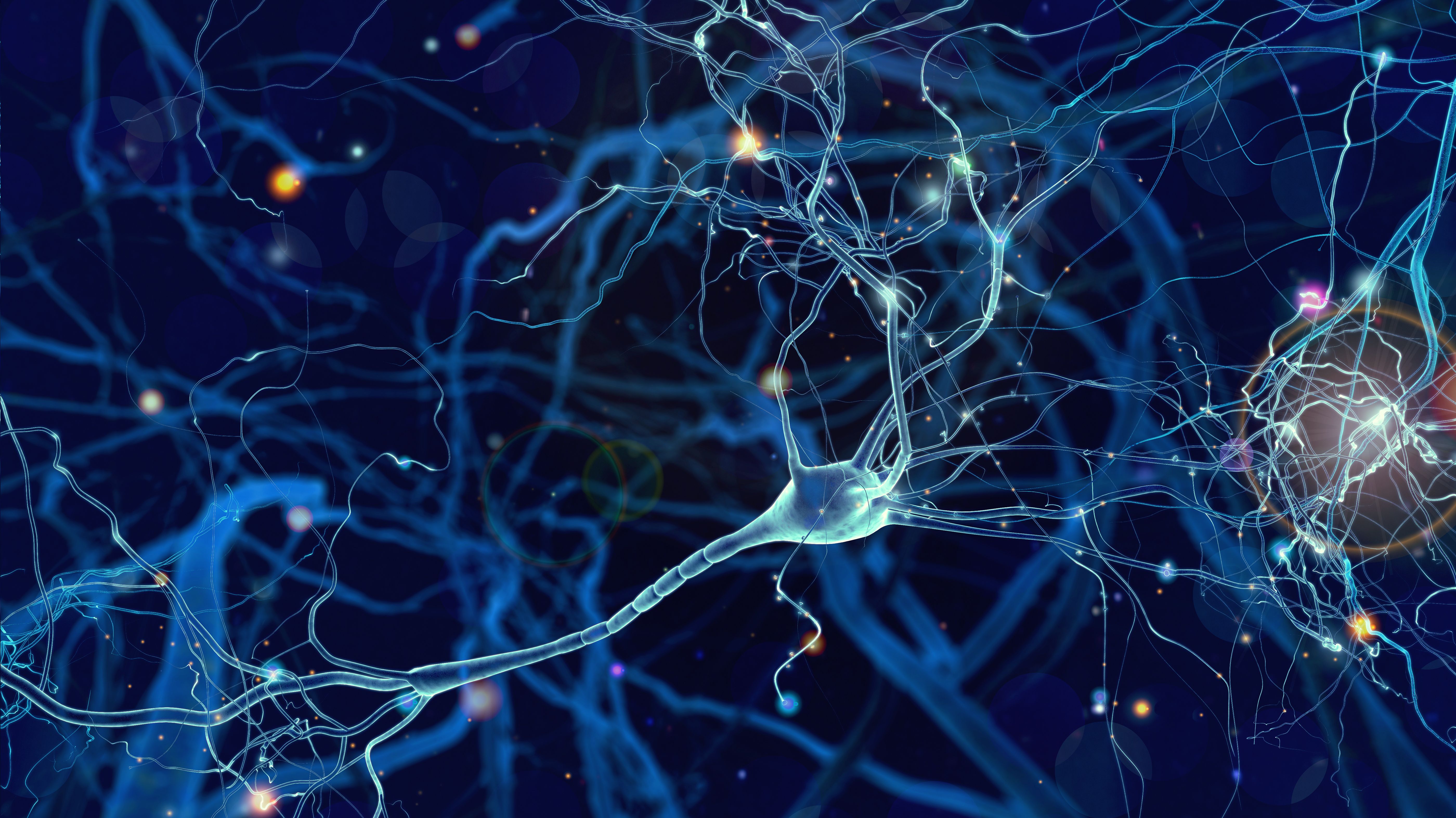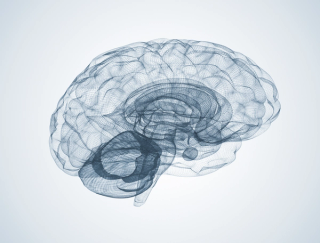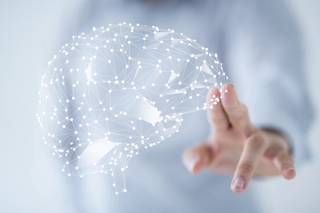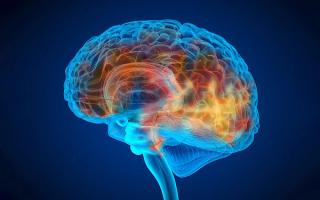
Brain Health
Latest News

Latest Videos

CME Content
More News

The investigators also find that age of initiation and frequent use were not associated with a greater age-related cognitive decline.

Pharmacists can make a significant impact by providing medication management, promoting nonpharmacologic approaches, supporting patients through life transitions.

Adults with epilepsy are underrepresented in most CBD trials, including common etiologies.
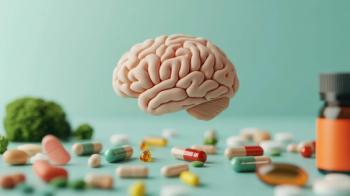
Brain Health is an emerging research topic, but there is not a standard outcome measure.

Children born moderate to late preterm also showed more behavior difficulties compared with those born early term or later.

The authors recommend that longer assessments with lengthier interventions should be performed to assess potential benefits.

Postpartum depression (PPD) rates also had notable increases in those with class I and class II/III obesity.
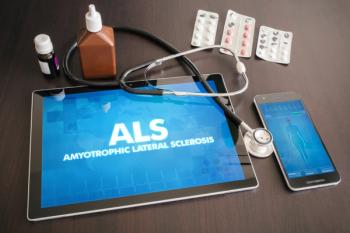
If approved, RAG-21 can offer improved outcomes in patients with amyotrophic lateral sclerosis (ALS), particularly those with aggressive subtypes.

Policies that focus on earlier diagnosis, treatment initiation, and expanded access to treatment can further improve treatment and health equity impacts.

The data also shows similar results for children with mothers who have pre-pregnancy body mass index outside of normal range.

The demanding nature of pharmacy programs often leaves little time for self-care, social activities, or hobbies, leading to an imbalance that can foster burnout.

The study found that this patient population was about 25% more likely to have serious mental health issues after childbirth.

For up to 6 years, cognitive remediation and transcranial direct current stimulation slowed cognitive decline associated with major depressive disorder in remission and mild cognitive impairment.

The results found that women, non-binary, and sexual minority students are at the highest risk.

If approved, the investigational intravenous gene therapy will be the first disease-modifying therapy for developmental and epileptic encephalopathy (DEE).
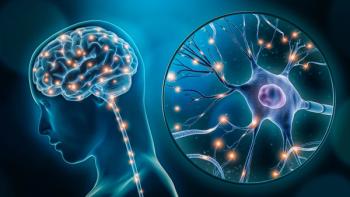
The investigators found that the SRGAP2 and SYNGAP1 genes act together to control the speed of human synapse development, which has impacts on neurodevelopmental disease pathways.

The FDA announces a Class II recall for the lot #220128, which were reported to contain the presence of nitrosamine.

Women More Likely to Face Burnout in Health Care, System-Wide Solutions Are Needed to Address Issues
Women are more likely to face burnout because they are often balancing both workload and family or home life responsibilities.
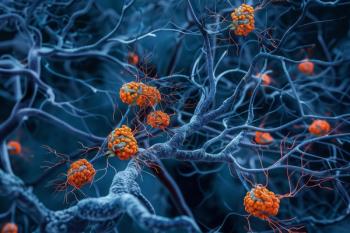
Disruptions in the salience network function are shown to influence the severity of mild behavioral impairment (MBI) symptoms.

Patients aged 7 years and older can now be treated for their cataplexy or excessive daytime sleepiness with the extended-release oral formulation.

This approval makes foscarbidopa/foslevodopa the first and only subcutaneous 24-hour infusion of levodopa-based therapy for adults with Parkinson disease.

Video chatting, texting, watching videos, and playing video games were activities most commonly associated with depressive symptoms in adolescents.

According to the authors, being able to identify mood disturbances through passive digital biomarker data can be promising in next-generation predictive, personalized mental health diagnostics.

Poor sleep quality is directly related to mortality risk before adjusting for lifestyle or health-related factors, and dementia was noticeably linked to mortality risk in older White males.
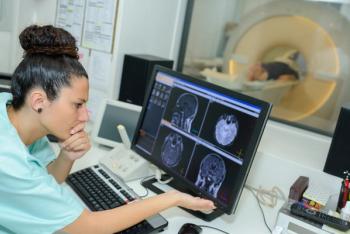
In adolescents, a comprehensive model using behavioral and MRI data had a prediction accuracy of 0.83, which was higher than single data type models.

